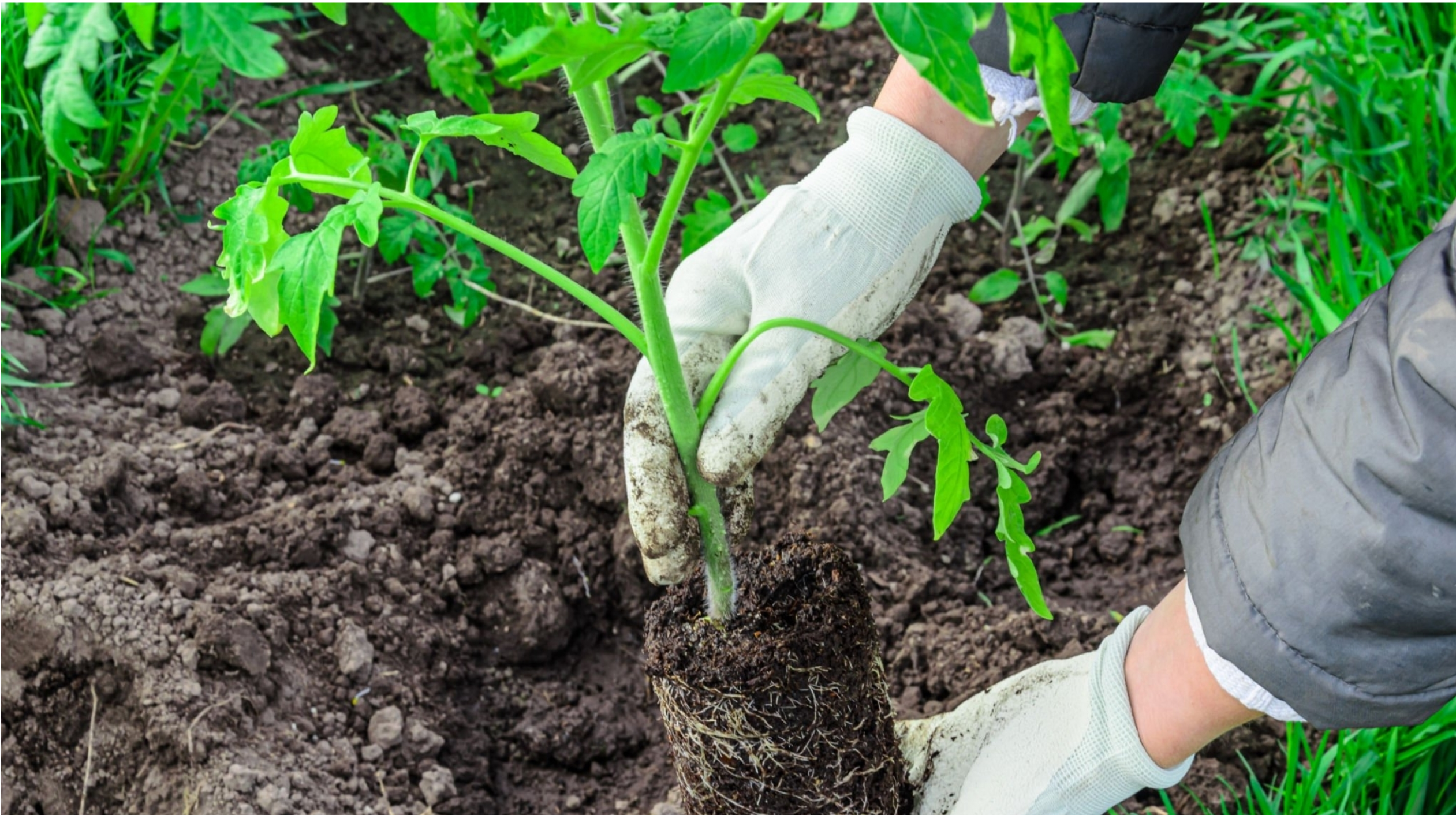Blog
Unleashing the Green Magic: The Power of Organic Plant Growth Supplements

Introduction:
In the pursuit of eco-friendly and sustainable practices, organic plant growth supplements have emerged as a game-changer. With a focus on harnessing the power of nature's own nutrients, these supplements offer a greener and healthier approach to nurturing plants. In this blog, we'll delve into the benefits and science behind organic plant growth media, exploring how they can transform your existing experience.
Understanding Organic Plant Growth Supplements
What are Organic Plant Growth Supplements?
Organic plant growth media, also known as organic growing medium or organic soil mix, typically consists of a blend of natural and organic materials that provide essential nutrients, improve soil structure, and support healthy plant growth. The specific ingredients may vary depending on the manufacturer or the purpose of the growth media, but some common components include:
Compost: Compost is a key ingredient in organic growth media. It is a mixture of decomposed organic matter, such as kitchen scraps, yard waste, and plant materials. Compost enriches the soil with nutrients and beneficial microorganisms.
Coconut Coir: Coconut coir is a fibrous material derived from coconut husks. It enhances water retention, improves soil structure, and provides a sustainable alternative to peat moss.
Perlite: Perlite is a volcanic glass that is heated to create lightweight, porous granules. It aids in drainage and aeration of the growing medium.
Vermiculite: Vermiculite is another mineral material that is heated to expand into a lightweight, spongy structure. It improves water retention and aeration.
Worm Castings: Worm castings, also known as vermicompost, are produced by earthworms. They are rich in nutrients and beneficial microorganisms that support plant growth.
Seaweed/Kelp: Seaweed and kelp extracts provide a source of natural growth hormones, trace minerals, and vitamins that promote plant health and growth.
Bone Meal: Bone meal is made from ground animal bones and is a source of phosphorus, which is essential for root development and flower and fruit production.
Fish Emulsion: Fish emulsion is a liquid organic fertilizer made from fish waste. It contains nitrogen and other nutrients that support plant growth.
Rock Dust: Rock dust, such as basalt or granite dust, provides essential minerals to the soil and plants.
The combination and proportions of these ingredients may vary depending on the specific needs of the plants being grown and the preferences of the gardener. Organic plant growth media are designed to create a balanced and nutrient-rich environment that fosters healthy root development and overall plant growth while promoting sustainable and eco-friendly gardening practices.
How do organic biofertilizers differ from traditional chemical fertilizers?
Organic supplements and chemical fertilizers differ significantly in their composition, mode of action, and environmental impact. Here are the key differences between the two:
Composition:
Organic Supplements: Organic supplements are derived from natural sources, such as compost, animal manure, plant materials, seaweed, and other organic matter. They contain a wide range of nutrients, including macro-nutrients (nitrogen, phosphorus, potassium) and micronutrients, along with beneficial microorganisms that improve soil health.
Chemical Fertilizers: Chemical fertilizers are synthetically manufactured and typically contain concentrated forms of specific nutrients, primarily nitrogen, phosphorus, and potassium (N-P-K). They may also include other chemicals, such as pesticides or herbicides.
Nutrient Release:
Organic Supplements :Organic supplements release nutrients slowly over time as they decompose and are broken down by soil microorganisms. This slow-release nature provides a steady and sustained supply of nutrients to plants.
Chemical Fertilizers :Chemical fertilizers release nutrients quickly upon application. While this can provide an immediate boost to plant growth, it may also lead to leaching, runoff, and nutrient imbalances in the soil.
Soil Health:
Organic Supplements :Organic supplements improve soil health by enhancing its structure, water-holding capacity, and microbial activity. They encourage the growth of beneficial microorganisms that contribute to a balanced ecosystem.
Chemical Fertilizers :Chemical fertilizers may lead to soil degradation over time, as their high salt content can disrupt the soil's natural microbial balance and reduce its fertility.
Environmental Impact:
Organic Supplements :Organic supplements have a lower environmental impact compared to chemical fertilizers. They are derived from renewable resources, promote sustainable farming practices, and reduce the risk of water pollution.
Chemical Fertilizers :Chemical fertilizers can contribute to water pollution through leaching and runoff of excess nutrients into water bodies. They may also harm beneficial insects, soil organisms, and disrupt natural ecosystems.
Long Term Effects:
Organic Supplements :Organic supplements build and maintain soil fertility over the long term. They help to create resilient and healthy soils that support sustainable agriculture.
Chemical Fertilizers :While chemical fertilizers can provide quick results, over-reliance on them without proper soil management can lead to soil depletion, decreased organic matter, and reduced nutrient retention.
In summary, organic supplements focus on nourishing plants through natural and sustainable means, while chemical fertilizers provide concentrated nutrients for immediate results but can have negative consequences on soil health and the environment in the long run. Organic supplements promote a holistic approach to gardening and agriculture that considers the overall health of the soil and ecosystem.
